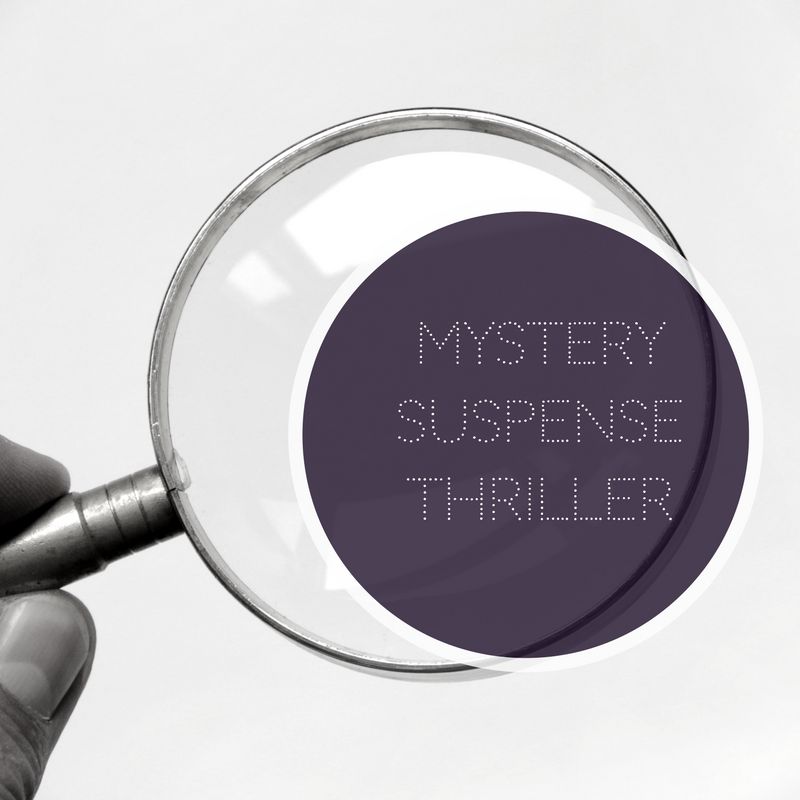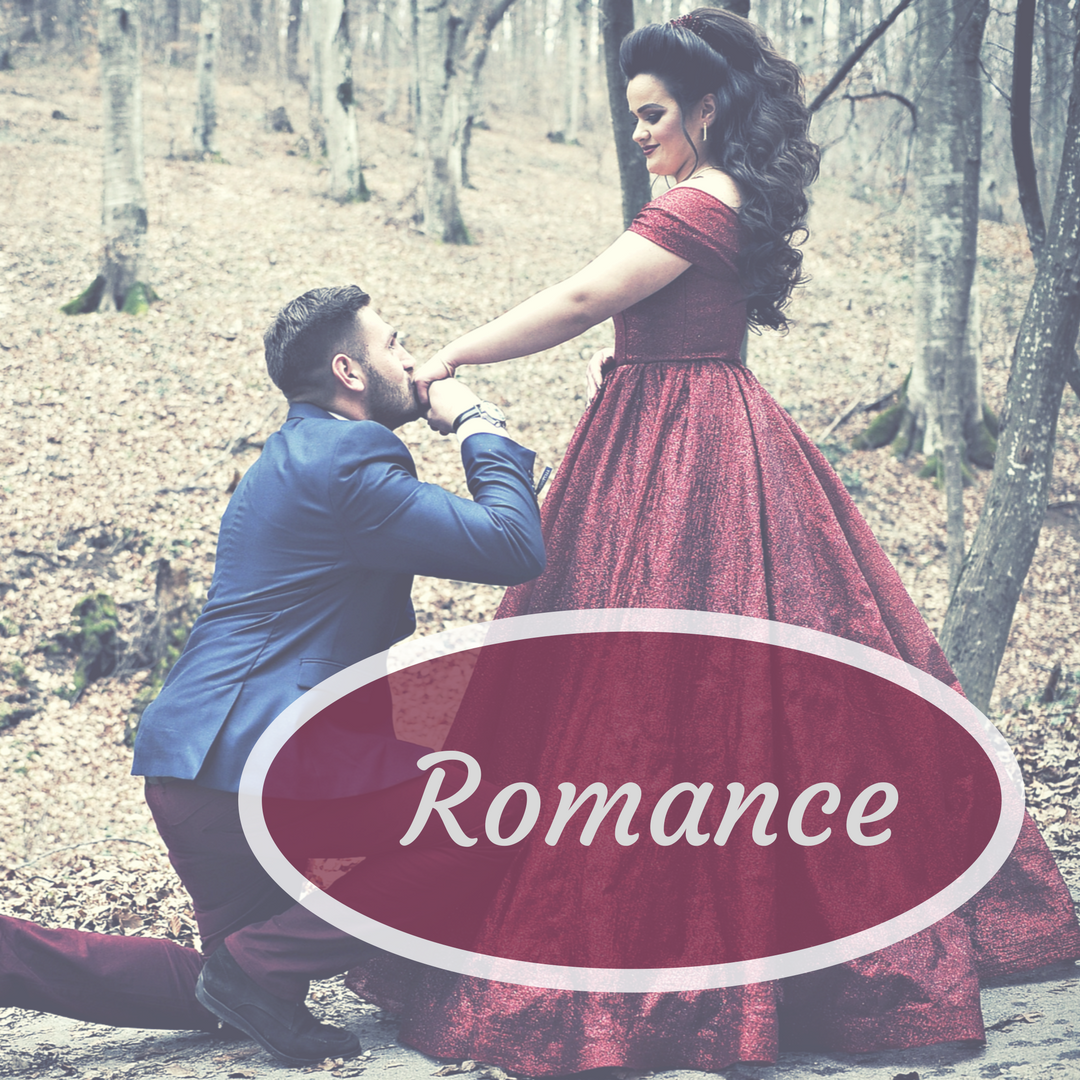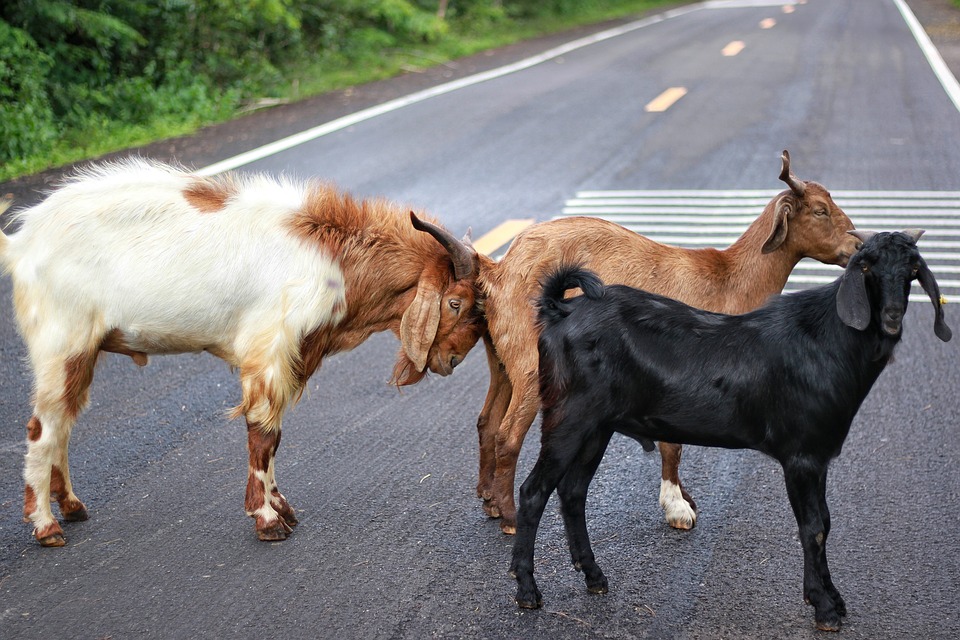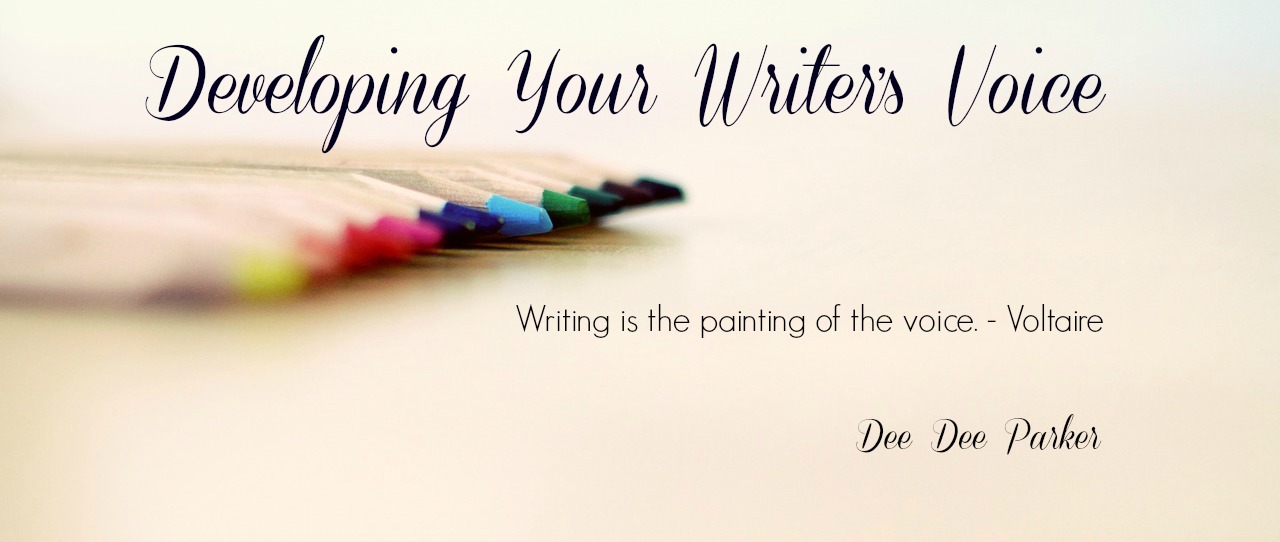
Are you Writing a Middle Grade or Chapter Book?
Sometimes when I tell people I write middle grade, they nod knowingly and say “Cool. Like a chapter book,…
August 16, 2021
Sometimes when I tell people I write middle grade, they nod knowingly and say “Cool. Like a chapter book,…
August 16, 2021
Ever heard someone say, “I love a good mystery!” That’s more likely than hearing“I love a good suspense story.”…
June 17, 2021
Want to write a novel, but aren’t sure what genre to pick? Write What You Love That’s a good…
January 27, 2021
We think of writing a book as an act of creative inspiration. The muse strikes and we strive to…
July 18, 2020
This blog has been such fun. I’ve truly enjoyed writing it, reading what others on A3 wrote, and occasionally…
March 16, 2020
In my opinion, anyone who says they don’t have time to read might as well say they don’t have…
February 28, 2020
Sometimes writers have a hard time sticking to one genre. I’d thought I see what Judy Christie had to…
October 27, 2019
In the last few years, there have been lots of Science Fiction and Fantasy publications that also fit into…
May 7, 2019
After several attempts, my best friend and I finally managed to meet up for our guy’s night out and…
May 4, 2019
At a recent writers’ group meeting, a member asked, “What, exactly, is young adult?” I gave the short answer:…
March 27, 2019
What’s in a name? That which we call a rose By any other word would smell as sweet ……
February 23, 2019
When I first started pursuing a career as a writer of the screenplays and began learning the craft, I…
January 4, 2019
I just returned from Blue Ridge Mountains Christian Writers Conference, and there was much talk about how most writers…
June 6, 2018
Are you writing a mystery or a thriller? Do you know how to tell the difference between suspense, thriller…
May 31, 2018
Which world, or sub-genre, does your novel belong to? Bookstores have general genre sections in which to categorize their…
April 7, 2018
Back in my carpool driving days, I discovered that if I arrived early for afternoon pickup, I’d get a…
February 22, 2017
I’ve received several questions concerning how one recognizes their writer’s voice. For those of you who discovered your voice…
January 4, 2016